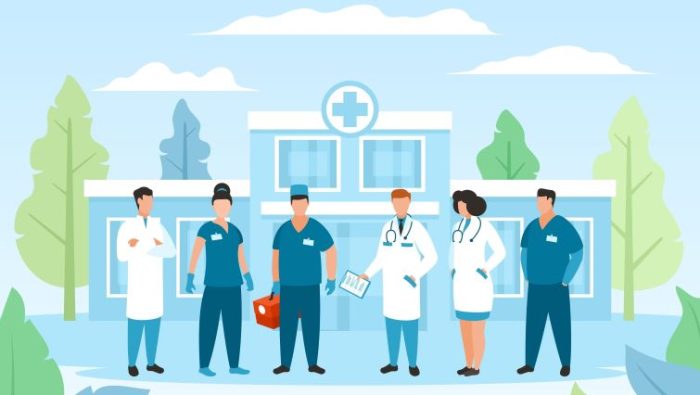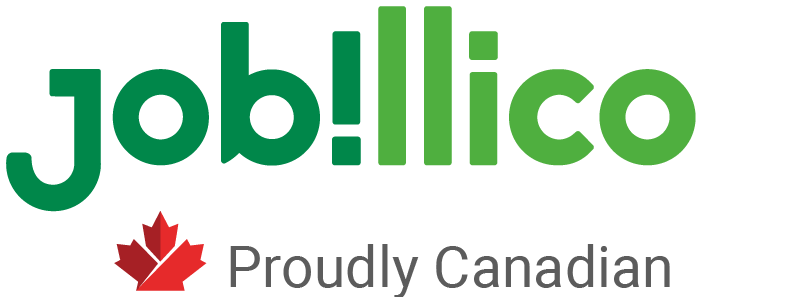Top Skills Employers Look for in Healthcare Workers
 Publié le 4 July 2025
Publié le 4 July 2025
Break into an industry poised for growth by knowing the top skills employers look for in healthcare workers.
The healthcare business is continually evolving, making it critical for healthcare personnel to have a wide range of abilities. Employers look for candidates who not only have the essential educational qualifications, but also the interpersonal and technical skills to succeed in a tough setting. This article describes the top skills employers look for in healthcare workers and personnel, ensuring that the staff is prepared to provide high-quality patient care.
1. Communication Skills
Effective communication is a critical component of successful healthcare delivery. Healthcare personnel must engage with patients, families, and coworkers on a daily basis. The capacity to communicate clearly, listen attentively, and empathize with patients is essential.
Importance of Communication
According to a study, effective communication skills improve patient outcomes and satisfaction. Healthcare providers who can communicate effectively are better equipped to educate patients about their problems and treatment options, building trust and increasing patient adherence to medical recommendations.
This is especially important when navigating complex healthcare treatments or medication options. For instance, healthcare professionals often need to explain various prescription plans to patients, and tools like PrescriberPoint can assist them in making well-informed decisions by comparing different medication options, ensuring that patients receive the most suitable treatment.
2. Compassion and Empathy
Compassion and empathy are crucial characteristics in the healthcare industry. Employers search for healthcare staff who can understand and empathize with their patients. This emotional intelligence not only calms patients, but it also promotes healing and leads to better results.
Empathy’s Role in Patient Care
According to research, empathy among healthcare staff can boost patient involvement and satisfaction. According to a poll performed by the Institute for Healthcare Improvement, patients feel more understood and appreciated when caregivers genuinely care about their health.
3. Problem-Solving Skills
Critical thinking and problem-solving skills are essential in healthcare. Workers are frequently required to make judgments in a limited time frame that have an impact on patient health outcomes. Healthcare personnel who are skilled in problem-solving may assess circumstances, evaluate possibilities, and execute successful solutions, even in high-pressure situations.
Application of Problem-Solving Skills
In emergency situations, nurses and doctors must immediately assess a patient’s status and determine the best course of action. Research published in the National Library of Medicine found that healthcare teams who thrive at problem-solving can considerably reduce errors and increase patient safety.
4. Teamwork and Collaboration
Healthcare is rarely a single job; it requires collaboration with other professions, ranging from nurses and doctors to administrative staff. Employers place a high priority on cooperation because successful collaboration can result in improved patient care and outcomes.
Benefits of Team Collaboration
Studies have demonstrated that collaborative healthcare teams can increase efficiency and communication, resulting in better patient care. They especially, highlight the importance of cooperation in creating a culture of safety and support, allowing healthcare personnel to share their knowledge and abilities.
5. Technical Skills
As healthcare technology advances, technical skills become increasingly crucial. Healthcare personnel must be skilled in using a variety of medical equipment and software systems, ranging from electronic health records to diagnostic tools.
Importance of Technical Proficiency
Employers seek healthcare experts who can smoothly integrate technology into their practices. Proficiency in technical skills improves both operational efficiency and patient care. According to a survey done by the HIMSS (Healthcare Information and Management Systems Society), healthcare employees with good technical abilities are more likely to adapt to new technology and enhance workflow.
6. Adaptability and Flexibility
The healthcare environment is dynamic and can change rapidly. Employers seek workers who can adapt to new situations, whether it’s a sudden influx of patients or changes in protocols.
Adapting to Change
Flexible healthcare professionals can better deal with employment uncertainties, resulting in higher team morale and better patient outcomes. The World Health Organization paper emphasizes the significance of adaptation in healthcare, particularly in crisis situations such as pandemics.
7. Attention to Detail
In healthcare, minor oversights can have serious implications. Employers look for employees who pay close attention to detail when dispensing prescriptions, documenting patient information, or adhering to standards.
The Role of Attention to Detail
Attention to detail ensures that healthcare staff provide safe and effective care. According to research, a lack of attention to detail can result in drug errors and poor patient outcomes. Training programs that focus on this skill can dramatically increase patient safety.
8. Time Management
Time management and organizational skills are vital for healthcare professionals working in fast-paced environments. These skills ensure tasks such as patient care and documentation are completed efficiently, improving patient satisfaction. They must organize their time correctly and effectively to provide the best care to the greatest number of patients.
Time Management Affects Multiple Medical Professions
They are also valuable for professionals exploring professions such as medical courier jobs, where timely deliveries impact patient care. When delivering medical care and information, being able to properly and efficiently manage time is always a vital skill.
Conclusion
To summarize, the healthcare sector requires a specific set of talents from its staff. The top skills employers look for in healthcare workers range from effective communication and empathy to problem-solving and technical ability, are critical for providing high-quality patient care. As the sector evolves, healthcare personnel must be versatile and dedicated to lifelong learning. Employers will always prefer individuals who display these top competencies, ensuring that healthcare teams are ready to face the challenges of today and tomorrow.







